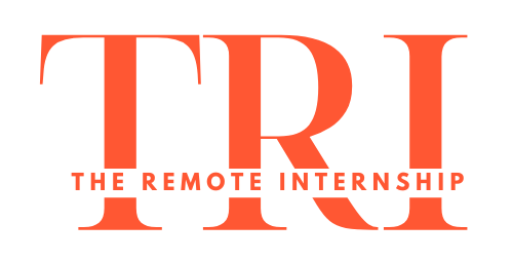The work environment directly influences the physical and mental health of a person, which in turn impacts the fulfillment of objectives of a work team. It should be noted that problems such as anxiety and depression have significant economic repercussions, since it is estimated that they annually cost the world economy US $1 trillion in lost productivity.

To mitigate these expenses, it is recommended that companies invest in the emotional well-being of their employees through solutions that contribute to a healthy work culture.
However, in Latin America there have been cases of excess in the workload of workers. And it is that according to the OECD, in Colombia, 28% of employees work more than 50 hours a week, and according to the World OCC, 55% of Mexicans are workaholics.
Here the term ‘Workaholic’ is born, which refers to an individual addicted to work and whose drive to work gradually becomes a continuous and uncontrollable need to work, affecting health, well-being, relationships and even the environment itself. work to which he dedicates all the time.
Below we show you some features that Momentu, a platform that accompanies people at the hands of experts in emotional well-being and mental health, has included to identify if you are a ‘workaholic’. Pay attention to the following:
– Work more than 12 hours.
– He is always on the lookout for his cell phone to see if he receives any messages from work.
– Eat while you work.
– Work even when sick.
– Demonstrates a constant feeling of fear or anxiety about work.
– He never rejects new projects; he doesn’t have the power to say no.
– He does not go on vacation or enjoy his free time because he spends his time thinking about work.
– His main topic of conversation is work.
– He sleeps a few hours.
If you commit any of the actions described above, it is recommended to change your habits and seek professional help to make work-life balance a reality. It is recommended to respect work and personal life spaces and disconnect once the working day is over.

